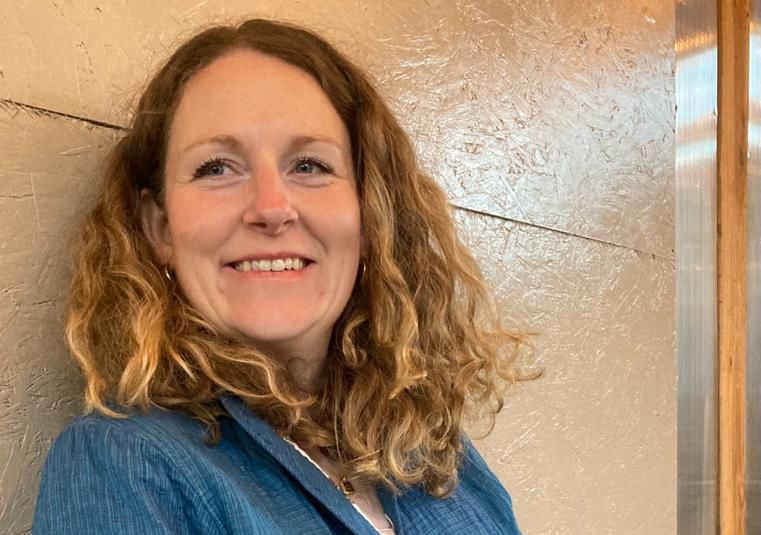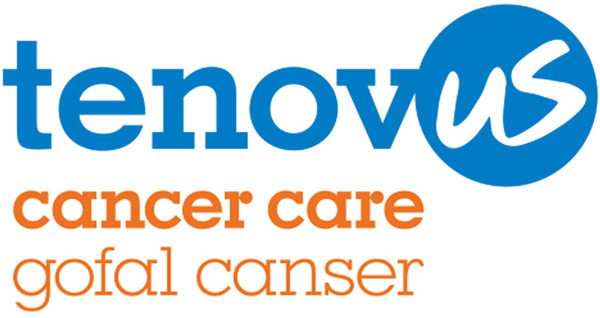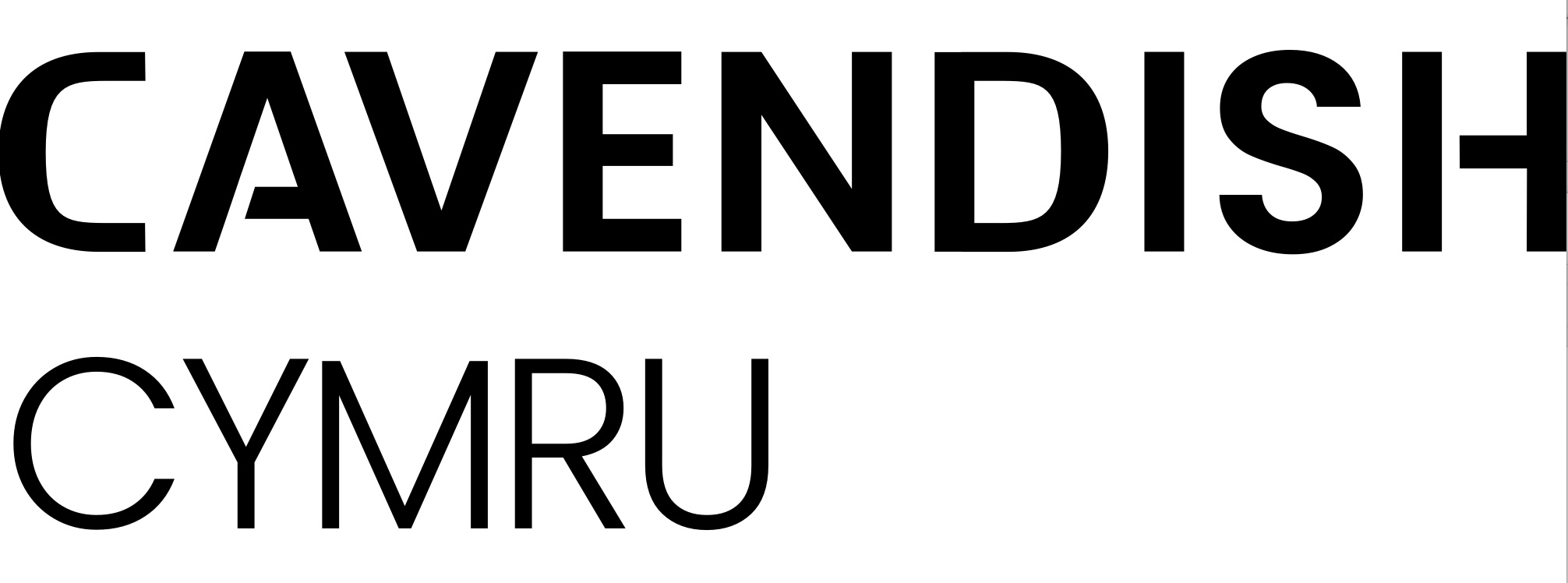The change we need
Claire’s campaign is calling for the following –
1.To raise awareness about the reality of women’s experiences with gynaecological cancer in Wales, as the Welsh Government has consistently failed to meet the targets for timely treatment.
2.The Welsh Government to commit to a specific focus on improving awareness, diagnosis, treatment and outcomes for gynaecological cancers. The recent Women’s Health Plan omitted gynaecological cancers and the Quality Statement for Women and girls’ health’ does not mention gynaecological cancer and will not give the focus needed to ensure improvements.
3.The Welsh Government to work with Public Health Wales and organisations to develop a series of campaigns to raise awareness of the signs and symptoms of gynaecological cancers.
4.Health professional bodies to tackle medical gaslighting by promoting gender sensitivity and address how it affects women’s outcomes with gynaecological cancers.
5.The Welsh Government, in conjunction with the Wales Cancer Network, to commission an urgent review of the incidence, trends and high-risk populations in relation to emergency presentations with a gynaecological cancer and how can they take these learnings wider.
6.To investigate how COVID-19 delays in medical treatment might have impacted women with fibroids in receiving diagnoses for gynaecological cancer. Claire was initially diagnosed with a uterine fibroid but eventually diagnosed with uterine leiomyosarcoma.
The situation facing women in Wales
Every year, there are nearly 1000 cases of gynaecological cancers in Wales.
These cancers are the 4th most common cause of cancer death amongst women here. These include womb (uterus), ovarian, cervical, vulval and vaginal cancers. In addition, women are also diagnosed with gynaecological sarcomas (leiomyosarcoma) that Claire has. These can occur anywhere in the reproductive system, although most gynaecological sarcomas (85%) occur in the uterus (womb) and 7% occur in the ovaries. Wales does not collect data on the number of women diagnosed with leiomyosarcoma, but we do know thatin 2021, 373 women in Wales died from gynaecological cancers. This was made up of 50 cervical cancer deaths, 120 from uterine cancer, and 203 from ovarian cancer. Insight from Tenovus Cancer Care shows that the incidence rate for gynaecological cancer in Wales is higher than the UK average, as is the mortality rate, with sadly 373 women in Wales losing their lives in 2021. In July 2022, only 34% of gynaecological cancers met the Single Cancer Pathway target (for no patients to wait longer than 62 days for treatment). Almost two years later, that figure stands at 32.2%, which shows no progress.
This is a short explanation of the symptoms of each gynaecological cancer.
Press coverage
You can watch Claire’s interview with ITV Wales Sharp End on the 5th Dec, 2023 here
The Health Minister, Eluned Morgan responded to Claire’s interview here
https://www.bbc.co.uk/news/uk-wales-67625376
https://www.walesonline.co.uk/news/health/i-found-out-cancer-turkish-28212102






